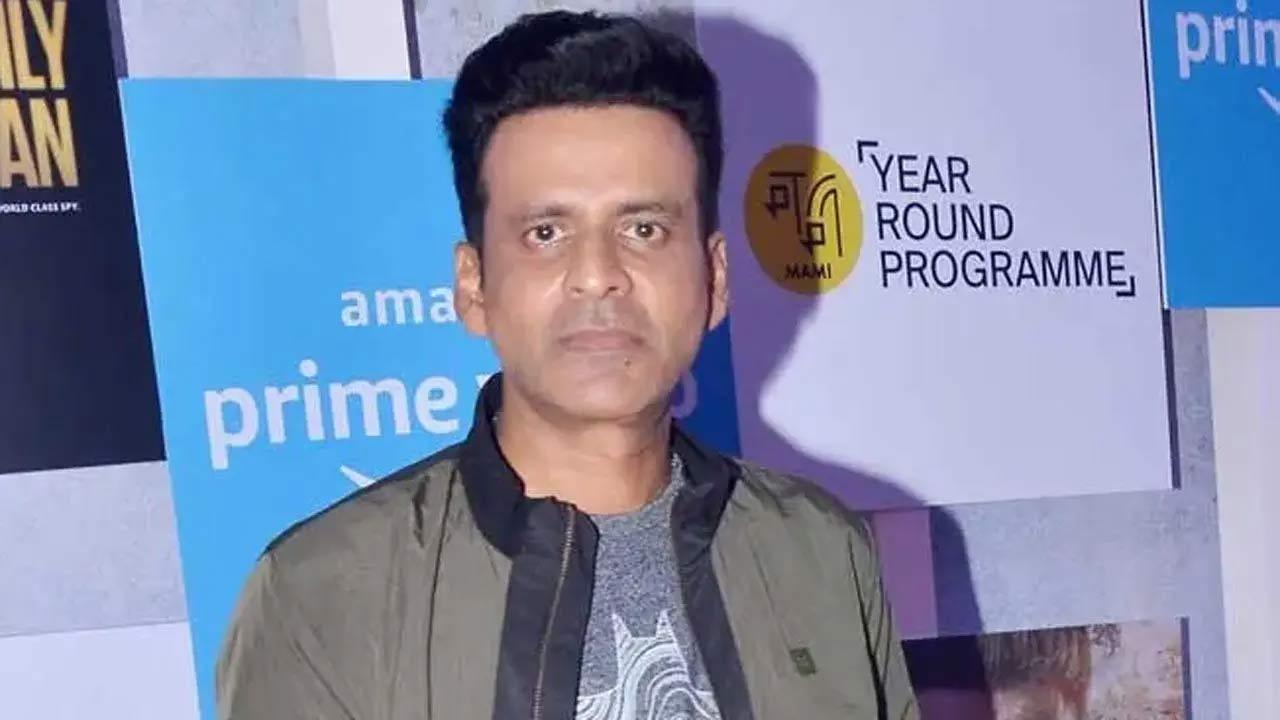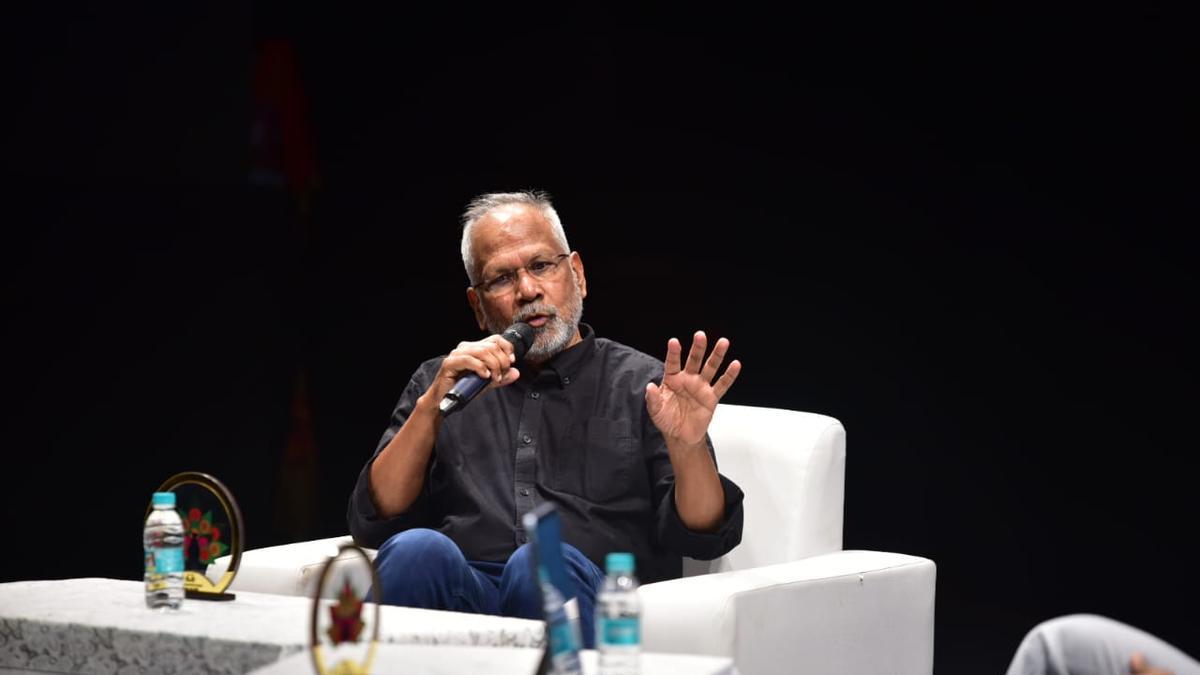
India began their Intercontinental Cup campaign with a goalless draw against Mauritius at the GMC Balayogi Athletic Stadium on Tuesday. Despite enjoying significant possession early in the game, the Indian football team, now under new head coach Manolo Marquez, failed to break through the defenses of a lower-ranked but spirited Mauritius side.
The match came at a critical juncture for Indian football, following the recent disappointment of failing to qualify for the third round of the 2026 World Cup Qualifiers. This setback led to the departure of former coach Igor Stimac and brought Marquez to the helm. Expectations were high, given India’s ranking 55 spots above Mauritius, which is positioned at No. 174 in the FIFA rankings. However, the anticipated performance did not materialize on the pitch.
From the onset, India’s possession and control over the game were evident. The team orchestrated multiple plays and held the ball for extended periods, reflecting a well-practiced strategy. However, physical possession did not translate into scoring opportunities, and the elusive goal remained out of reach. Early attempts were thwarted by the Mauritian defense, which displayed commendable resilience and tactical awareness.
As the game progressed, the visiting team from Mauritius launched several counter-attacks that tested the Indian defense. Despite being the lower-ranked side, Mauritius’s agile forwards kept the Indian backline on constant alert. The fast-paced and energetic approach of Mauritius injected excitement into the game, challenging the expectations of a one-sided affair.
One of the key moments came in the 18th minute, when India had its first clear chance. A cross from the left wing found the Indian striker in the box, but the shot was saved by the alert Mauritian goalkeeper. The visitors countered swiftly, and a quick break in the 25th minute saw them almost take the lead, only for an excellent save from India’s goalkeeper to keep the scoreline unchanged.
The tactical decisions of Marquez were under close scrutiny in this match. His choice to implement a 4-3-3 formation initially seemed promising as it allowed for greater control in midfield and versatility in attack. However, despite this structural advantage, the Indian squad continually struggled to convert their chances into goals.
. The latest transition-phase strategies appeared to need more refinement, and the team looked like a unit still getting accustomed to Marquez’s style.
At halftime, the scoreboard remained at 0-0, and it was clear that the Indian camp needed to reassess its approach. Emerging from the break, the team showed renewed energy, launching aggressive efforts to secure a lead. Chances came and went, the closest being a header that hit the crossbar in the 58th minute. India’s midfielders worked tirelessly to maintain momentum, but the finishing touch was missing.
The game’s intensity did not wane in the closing stages. In the 82nd minute, India made another crucial breakthrough attempt, with a well-placed free-kick that was narrowly missed by the Indian attacker. Mauritius, demonstrating tactical discipline, managed to hold its defensive lines and even posed occasional threats on the counter, ensuring that the Indian defenders remained vigilant till the final whistle.
Reflecting on the outcome, the disappointment within the Indian camp was palpable. Following their World Cup Qualifiers exit and the subsequent coaching change, the draw against Mauritius highlighted ongoing issues which Marquez must now address. The Indian football team’s inability to capitalize on its superior ranking and maintain consistent goal-scoring opportunities will be a focal point in upcoming training sessions.
Notwithstanding, Marquez, in a post-match interview, remained optimistic. “It’s always challenging in the first game with a new team. We controlled the game well and created opportunities. We just need to work on finishing and composure in front of the goal,” he stated.
India’s Intercontinental Cup campaign continues, and their next fixture will see them against a strong, well-ranked opponent. This match against Mauritius, while not yielding the desired victory, provides valuable insights and a foundation upon which Manolo Marquez can build. As the team returns to the training ground, the focus will undeniably be on turning possession into goals and refining the tactical coherence needed to progress further in the tournament.
The importance of this draw cannot be overstated, as it sets the tone for India’s performance in the rest of the Intercontinental Cup. Experiments in strategy, player formations, and mental toughness will be crucial as India aims to rise above the current challenges and deliver results that meet the expectations of fans and critics alike.










